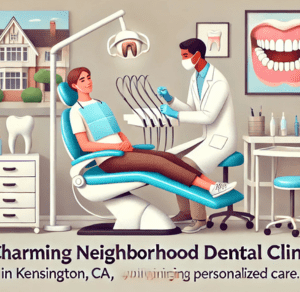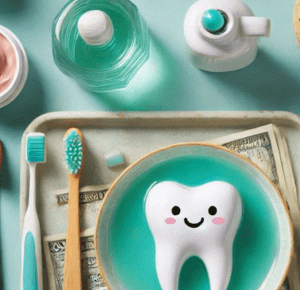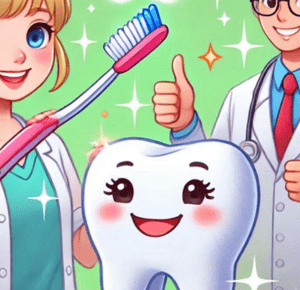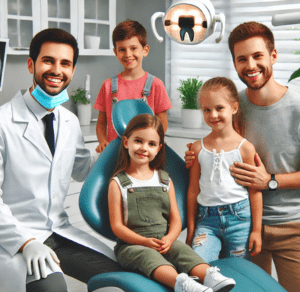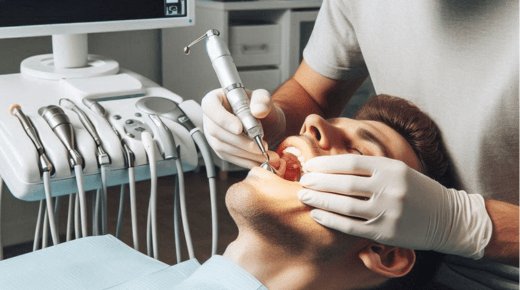
After dental implantation, it is common to feel a foreign body sensation, which is entirely normal. This sensation is typically caused by the adaptation process of the newly implanted tooth with the surrounding oral tissues. This process varies among individuals; some may experience a mild foreign body sensation, while others may feel it intensely, even causing nausea or vomiting.
Firstly, it is essential to understand the principle of dental implantation: Dental implantation involves inserting an artificial tooth root into the alveolar bone. After the tooth root tightly binds with the bone tissue, an abutment and tooth from a reputable high-quality China dental laboratory are installed on it.
Since this is an externally added object, the human body takes time to adapt to it.
Initially after dental implantation, you may feel mild discomfort or a foreign body sensation in the implantation area. This is mainly because the oral tissues are adapting to the new tooth structure. However, this sensation usually gradually diminishes over time.
The causes of foreign body sensation after dental implantation are diverse, mainly including the following aspects:
Physiological reactions in the early postoperative period: After dental implantation surgery, the oral tissues produce a series of physiological reactions to the newly implanted artificial tooth root (implant), such as swelling, pain, and foreign body sensation. These are normal postoperative phenomena that usually gradually resolve within a few days to a few weeks.
Improper placement of the implant: If the implant is not positioned accurately or does not match the surrounding tissues, it may cause a strong foreign body sensation. In such cases, timely feedback to the dentist is recommended for adjustment of the implant position.
Tissue changes around the implant: During the healing process after surgery, the gingival tissues may undergo morphological changes, which may trigger discomfort in the area surrounding the implant.
Use of temporary crowns: While waiting for the final crown to be fabricated, a temporary crown is worn. Since the fit of the temporary crown with the surrounding tissues may not be ideal, it can also be a source of foreign body sensation. Therefore, it is crucial to obtain dental implants from an experienced China dental lab.
Individual differences: Everyone’s body reacts differently, and the sensitivity to implants varies, thus affecting the intensity and duration of the foreign body sensation.
How Long Does the Foreign Body Sensation After Dental Implantation Last?
The disappearance time of the foreign body sensation after customized CAD/CAM dental implantation varies among individuals but can be broadly divided into two stages:
Short-term adaptation stage: Within a few days after surgery, mild foreign body sensation usually begins to decrease and significantly improves within about a week. If the foreign body sensation persists intensely after a week, it is advisable to communicate with the doctor to rule out the possibility of infection or other complications.
Long-term adaptation stage: As the implant gradually integrates with the bone tissue (usually requiring 3 to 6 months), the foreign body sensation further diminishes until it disappears. Some individuals may take longer to adapt to dental implants, especially those who are more sensitive to changes in the oral cavity.
How to Alleviate the Foreign Body Sensation After Dental Implantation
To reduce the foreign body sensation after dental implantation, the following measures are recommended:
Maintain good oral hygiene: Regularly clean the mouth to avoid food residue accumulating around the implant, which helps alleviate discomfort.
Regular follow-ups: Visit the dentist as recommended for regular check-ups to ensure the normal healing and stable state of the implant.
Appropriate medication use: If necessary, use painkillers or anti-inflammatory drugs under medical guidance to relieve discomfort.
Psychological adjustment: Maintain a positive and optimistic mindset, as psychological factors can also exacerbate physical discomfort.

